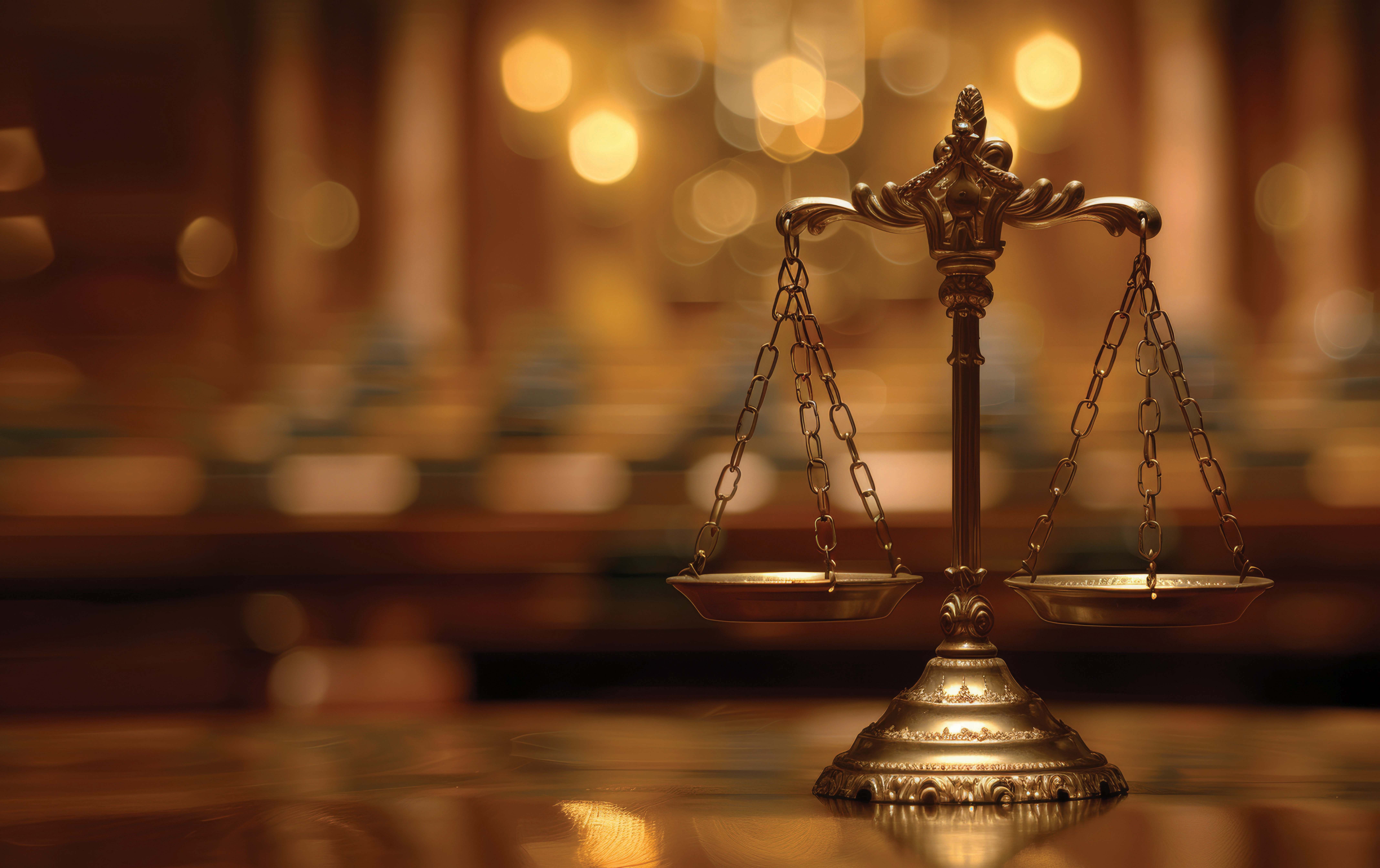For a variety of reasons — from protecting your business and assets to handling estates serving on a jury — it is good to have a working knowledge of our court systems. The following information comes courtesy of the Cobb County Government.
There are six types of courts in Cobb County, each handling different kinds of cases. Courts often use the word “jurisdiction,” which explains whether or not state law allows a court to handle a certain matter.
Superior Court has sole jurisdiction over felony, domestic relations (like divorce and child support), real estate, equity, and extraordinary remedy cases. You may be called for jury duty in Superior Court on a criminal or civil case.
State Court, according to state law, can handle misdemeanors, civil actions regardless of the dollar value of the case, except those actions in which exclusive jurisdiction is with the Superior Court (see above), and traffic cases. You may be called for jury duty in State Court on a criminal or civil matter.
Juvenile Court has exclusive, original jurisdiction, according to state law, over cases where a juvenile (someone under 17 years old) has committed a delinquent act or traffic offense. Additionally, the Juvenile Court handles all cases in which the state is concerned that a juvenile needs social services, in need of treatment or commitment as a mentally ill or developmentally disabled, or completely dependent upon the state. Juvenile Court also monitors juveniles who have been placed under the supervision of the court or on probation to the court, who receive extended care youth services, or who require comprehensive service plans.
Probate Court has sole jurisdiction over wills, estates, guardianships and conservatorships, many mental health processes, and marriage and firearms licenses. Probate Court shares equity jurisdiction in estates and trusts with Superior Court. You may go to Probate Court to probate a will or handle other end-of-life affairs. The Probate Court can also have jury trials.
Magistrate Court is often referred to as the ‘people’s court.’ It has civil jurisdiction over small claims and garnishment cases with a value of $15,000 or less, landlord-tenant cases, and abandoned motor vehicles. The Court also has criminal jurisdiction, considering arrest and search warrants 24/7/365 and conducting first appearance, bond, probable cause, and county ordinance hearings.
Municipal Court handles traffic, other misdemeanor infractions, and city ordinance violations. If you receive a traffic ticket from a city, as opposed to a county police officer, your case will most likely be heard in a municipal court. Cobb County’s municipal courts are not attached to the county government but are funded and administered by their respective cities.




